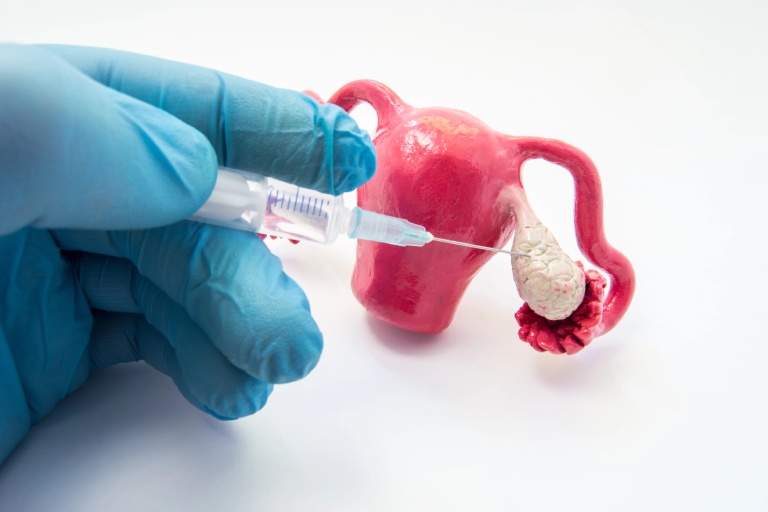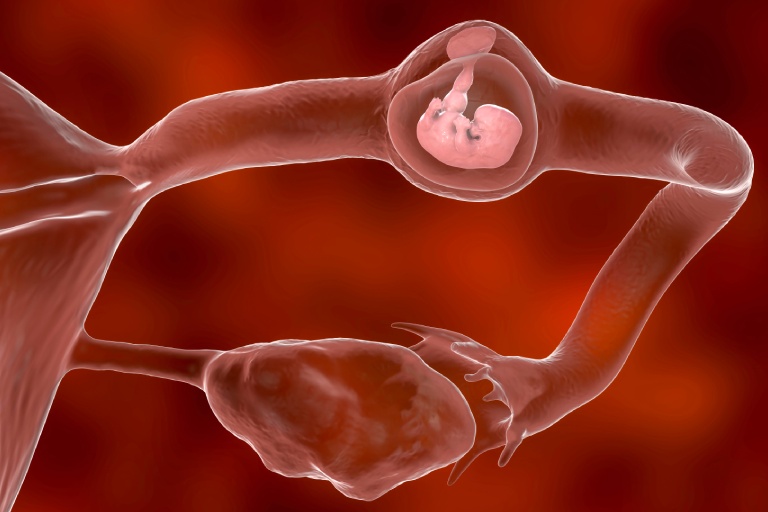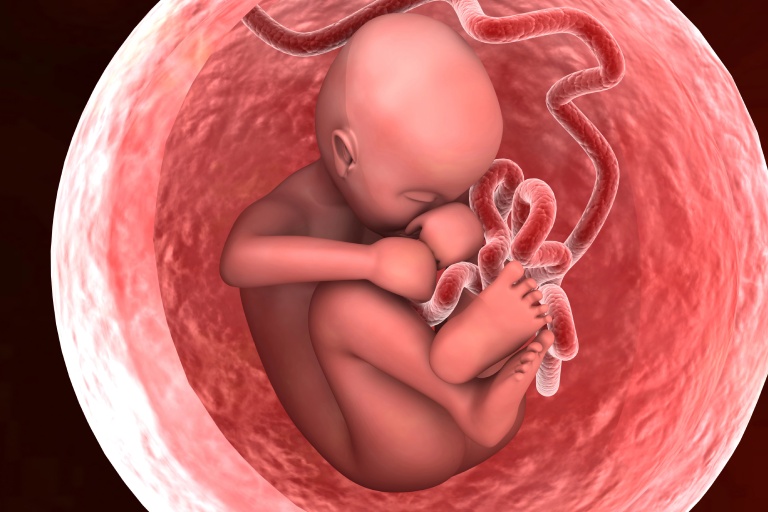
Egg donation is a life-changing process that helps many intended parents build the families they’ve always dreamed of. It is often a vital step for individuals or couples who face infertility issues or other barriers to conceiving a child on their own.
The egg donation process allows intended parents to work with a donor, allowing them to experience parenthood and start their families. In this article, we will explore the egg donation process in detail, the timeline involved, and how it can impact everyone involved.
What is Egg Donation?
Egg donation is a fertility treatment where a woman (the donor) provides her eggs to an individual or couple (the intended parents) who are unable to conceive using their own. This option offers hope to those facing infertility challenges related to factors like diminished ovarian function, age-related fertility decline, or inherited genetic conditions. Surrogates may also use donated eggs if they are not able to conceive on their own.
The egg donation process is highly regulated and requires careful consideration and preparation. It involves multiple parties, including the donor, intended parents, fertility specialists, and sometimes a surrogate. The donor’s eggs are fertilized with the intended father’s sperm (or sperm from a donor), and the resulting embryo is either implanted into the surrogate’s womb or stored for future use.
Step-by-Step Guide to the Egg Donation Process
The egg donation process can be detailed and involves several steps that ensure both the donor and recipient’s safety and well-being. While it may seem lengthy and rigorous, understanding each part of the journey can help demystify the experience and prepare potential donors for what lies ahead.
Step 1: Initial Consultation
The first step in the egg donation process is the initial consultation, where the donor and intended parents meet with a fertility agency or clinic. This consultation allows the parties involved to learn about the process, ask questions, and establish expectations. For the donor, this step also includes a thorough health screening, including physical exams, blood tests, and a psychological evaluation to ensure they are suitable candidates for egg donation.
The donor’s medical history is reviewed, including any history of reproductive health issues, to ensure they are in good health. The agency will also provide information on the commitment required for the donation process, such as the medical procedures and emotional aspects of being an egg donor.
Step 2: Preparing for Donation
Once the donor is selected and everything is confirmed, they begin the preparation phase. This stage involves hormonal treatments designed to stimulate the donor’s ovaries to produce multiple eggs. The donor will take a series of hormone injections over several weeks. These hormones encourage the ovaries to develop several mature eggs, which will be retrieved for fertilization.
Throughout this period, the donor will be closely monitored with regular visits to the fertility clinic. Blood tests and ultrasounds will track the growth of the eggs and ensure they are developing as expected. Adjustments to the medication may be made based on how the donor’s body is responding.
Step 3: The Egg Retrieval Procedure
The egg retrieval procedure is a minimally invasive surgery performed under sedation. During this procedure, a doctor uses an ultrasound-guided needle to remove the mature eggs from the donor’s ovaries. The entire process usually takes about 20-30 minutes, and the donor typically goes home the same day.
After the procedure, the donor may experience mild discomfort, such as bloating or cramping, but this generally subsides within a few days. The eggs are then taken to the laboratory, where they are fertilized with sperm from the intended father or a sperm donor.
Step 4: The Role of Intended Parents
The intended parents play a crucial role in the egg donation process. They provide the sperm for fertilization, either from the intended father or a sperm donor. Once the eggs are fertilized, the embryos are monitored for quality and development. Typically, one or two of the healthiest embryos are selected for transfer into the surrogate’s womb if the intended parents are using a surrogate. If not, the embryos may be frozen for future use.
Intended parents are generally involved in the process by staying in contact with the fertility clinic and receiving regular updates on the progress of the egg retrieval, fertilization, and embryo development.
Egg Donation Process Timeline
The egg donation process can take several weeks to complete, with specific phases requiring different amounts of time. Below is a typical egg donation process timeline:
- Consultation and Screening (1-2 weeks): The donor and intended parents meet with the clinic, undergo screening, and sign the necessary contracts.
- Stimulation Phase (2-3 weeks): The donor begins hormone injections to stimulate her ovaries, and the fertility clinic monitors her progress.
- Egg Retrieval (1-2 days): The donor undergoes the egg retrieval procedure, which is the culmination of the stimulation phase.
- Fertilization and Embryo Development (5-7 days): After retrieval, the eggs are fertilized, and the embryos are monitored for development. Intended parents will be updated on the status of the embryos.
- Embryo Transfer (1 day): A healthy embryo is transferred to the surrogate’s uterus or stored for future use.
The entire egg donation process typically takes around 6-8 weeks, although the timeline may vary based on individual circumstances.
Ethical Considerations and Legal Aspects
Egg donation is a highly regulated process, and both legal and ethical considerations play a significant role in ensuring the rights of all parties are protected. Donors and intended parents must sign legal contracts that outline the terms of the donation, including the donor’s rights, compensation, and the intended parents’ responsibilities. These contracts also clarify parental rights and ensure the egg donor has no legal claim to the child born from the donation.
Ethically, it is crucial that donors provide informed consent and understand the potential risks and emotional impacts of egg donation. Clinics and agencies ensure that the process is transparent and that all parties involved are emotionally and psychologically prepared for the journey.
The Emotional Aspects of Egg Donation
The emotional aspects of egg donation can be complex. For donors, there may be feelings of pride in helping others but also concerns about the emotional distance from a child born from their eggs. For intended parents, the process can be both exciting and stressful as they navigate the unknowns of fertility treatment and the potential for success.
Agencies like Carrying Dreams provide ongoing support to both donors and intended parents, ensuring that everyone has access to counseling and emotional guidance throughout the process.
Understand the Egg Donation Process and Begin Your Journey Today
The egg donation process is a crucial step in helping individuals and couples overcome infertility and realize their dream of parenthood. From the initial consultation to the egg retrieval procedure and beyond, each process phase is designed to ensure that both donors and intended parents have a positive experience.
At Carrying Dreams, we are dedicated to helping families grow. As a surrogacy and egg donation agency based in the US, we offer a comprehensive range of services, including consulting, matching, and journey facilitation. Our carriers and donors are US-based, while our intended parents come from across the globe.



